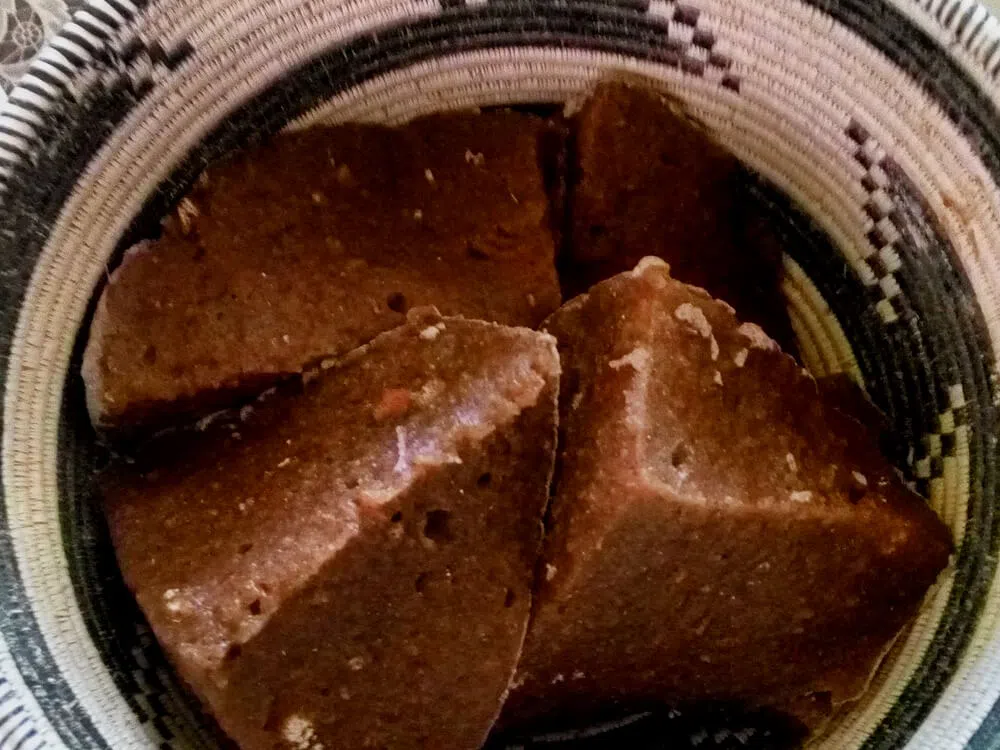The Uganda Diabetes Association (UDA) has slammed a recent New Vision report linking diabetes to Ugandan staples like matooke and kalo, calling the story “grossly erroneous and misleading.”
The controversial article, titled “Diabetes linked to much matooke, kalo”, ran on July 30, 2025, and quickly stirred outrage among medical professionals and social media users.
In a statement issued Wednesday, UDA President Dr. William Lumu and the association’s executive committee clarified that the claim was not scientifically supported.
“The assertion that staple foods cause diabetes is scientifically unsubstantiated,” the body said, urging the public not to fall for alarmist headlines.
🔬 Misinterpretations and Scientific Context
The New Vision article had cited a qualitative study led by Dr. Juliet Kiguli, which explored how social norms around diet influence behavior and the potential risk of developing diabetes.
However, the UDA noted that the study never concluded that matooke or kalo directly cause diabetes. According to the association:
- Highly processed foods and sugary drinks—such as chips, sodas, posho, white rice, and processed juices—have a high glycaemic index, which can spike blood sugar levels and contribute to diabetes onset.
- Traditional staples like matooke, sweet potatoes, yams, cassava, and kalo have a low to moderate glycaemic index, meaning they do not trigger rapid blood sugar spikes.

🥘 Healthy Eating with Ugandan Staples
The UDA emphasized that moderate consumption of these foods as part of a balanced diet is safe and nutritious. They encourage pairing staples with vegetables, legumes, and proteins to maintain healthy blood sugar levels.
“It is healthy to consume these foods in moderate quantities together with other nutrient-rich foods,” the statement read.
📰 Media Responsibility
While appreciating the media’s role in raising awareness about diabetes, the UDA called on The New Vision to review and correct the article, ensuring it reflects current scientific evidence and insights from diabetes and nutrition experts in Uganda.
“Given the public interest and potential for misinformation, we urge the media to verify claims before publication,” UDA concluded.
✅ Bottom Line:
Matooke and kalo remain safe, wholesome staples. The real diabetes risk comes from highly processed and sugary foods, not traditional Ugandan diets.




